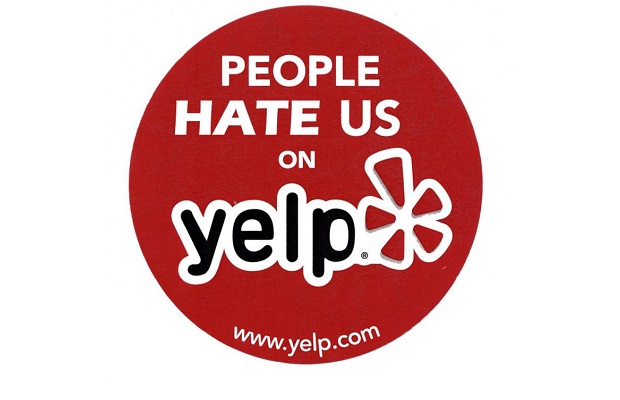Businesses are paying people to write positive online reviews and endorsements, with £23bn a year of UK consumer spending influenced by online reviews, according to a new report.
The report, from, UK competition regulator the Competition and Markets Authority (CMA) said it has been alerted to cases of companies in the UK paying for positive reviews, preventing negative reviews from being published, and paying for endorsements in blogs and vlogs.
The report found 54% of British adults read online reviews and 6% use blogs or vlogs before making a purchase.
The CMA has deliberately not named any companies, but the study is likely to focus on the types of reviews posted on TripAdvisor, TrustedTrader and Checkatrade – and the host of websites that increasingly rely on reviews posted by customers to build trust.
‘Unlawful practices’
Senior director of consumer enforcement for the CMA, Nisha Arora, said in a statement that the integrity of online reviews are important, as millions of people peruse them before making purchasing decisions.
“We have found that consumers who use online reviews and endorsements find them valuable, but we have also heard about some practices that may be unlawful,” she said.
“We are committed to ensuring that consumers’ trust in these important information tools is maintained, and will take enforcement action where necessary to tackle unlawful practices.”
The report found that “Across the six broad sectors that we looked at, we estimate that £23 billion a year of UK consumer spending is potentially influenced by online reviews.”
The body said in most instances buyers who used reviews and endorsements found that the product or service matched their expectations.
Deliberately hiding negative reviews
However, it also heard about instances of negative reviews being deliberately withheld by sites for commercial reasons. It is concerned that businesses are paying for endorsements without this being made clear to consumers.
Travel sites have in particular been accused of hosting misleading, paid-for or made-up reviews in the past. Stories of hotels offering sweeteners to guests who offer to post good reviews on the site and tales of customers trying to hold hoteliers over a barrel with the threat of a poor review, have become commonplace.
The CMA has also published information for businesses to tell them what they need to do to help them stay within the law.
Currently there is little to stop restaurants and the like posting glowing reviews on their own business, as the chance of getting caught is so slim.
The Consumer Protection from Unfair Trading Regulations 2008 prohibit businesses from to falsely represent themselves as consumers. Paying to promote a product within editorial content without making it clear that this has happened is also banned.
The CMA has also proposed a project on online reviews and endorsements that it will bring before the International Consumer Protection and Enforcement Network (ICPEN) – an organisation comprised of consumer protection authorities from more than 50 countries – which it will assume presidency of from July.
The CMA has not set a time limit on when it will publish its findings, or any remedies. It is likely to be 2016 at the earliest.
Online Reviews and Endorsements Report on the CMA’s Call for Information

